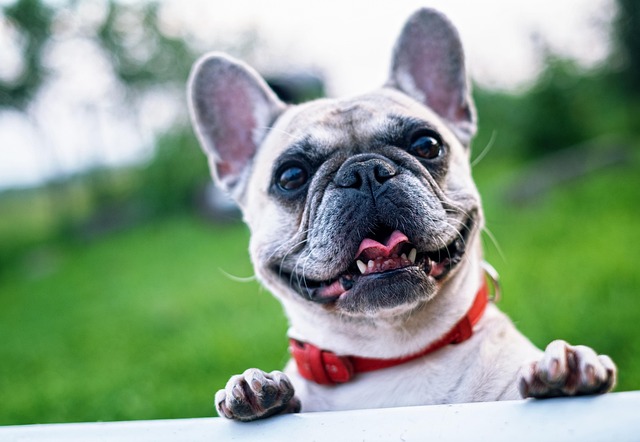
How can I tell if my dog's heatstroke is serious
Let’s be real: It’s a sticky August morning in Los Angeles, and you took your 2-year-old Golden Retriever, Max, for a walk a little later than usual
Most dog owners notice their pup scooting across the carpet at some point, but few connect it to impacted anal glands. These small sacs near a dog’s rectum secrete a scent for marking territory, but when they don’t empty naturally—often from soft stools or inactivity—problems start. In many U.S. states and European countries, neglecting this can cross into animal welfare concerns, as prolonged discomfort violates local pet care laws that require owners to address preventable suffering.
Left unexpressed, the glands fill with thick fluid that hardens over time. This leads to swelling, and you might see your dog licking the area excessively or avoiding sitting. A friend in Oregon recently learned this the hard way: her Cocker Spaniel developed a painful abscess that required vet care, and she faced a follow-up check from local animal control to ensure compliance with the state’s pet welfare regulations. Such issues aren’t just painful—they can escalate quickly if ignored.
 Infected glands are the next risk, and they bring more than just discomfort. The trapped fluid becomes a breeding ground for bacteria, leading to redness, pus, and a foul odor. In the UK, vets often report these infections in small breeds like Shih Tzus, which are prone to gland issues. Treating an infection usually means antibiotics and professional expression, but delaying care can lead to a fistula—a hard-to-heal tunnel between the gland and the skin—which may require surgery.
Infected glands are the next risk, and they bring more than just discomfort. The trapped fluid becomes a breeding ground for bacteria, leading to redness, pus, and a foul odor. In the UK, vets often report these infections in small breeds like Shih Tzus, which are prone to gland issues. Treating an infection usually means antibiotics and professional expression, but delaying care can lead to a fistula—a hard-to-heal tunnel between the gland and the skin—which may require surgery.
Beyond physical pain, chronic gland problems can change a dog’s behavior. A normally playful Lab might grow irritable when touched near the hindquarters, or refuse walks because movement hurts. This not only harms your bond but could also raise flags with neighbors or animal welfare officers, who are trained to spot signs of neglect under laws like California’s Animal Welfare Act or Germany’s Tierschutzgesetz.
Preventing these issues is simpler than fixing them. Regular walks help stimulate gland emptying, and a diet with enough fiber keeps stools firm—key for natural expression. Many European pet owners swear by adding pumpkin puree to meals, while U.S. vets often recommend specialized kibble. Most importantly, check your dog’s rear during grooming; if you notice swelling or scooting, don’t wait—schedule a vet visit to stay compliant and keep your pup comfortable.
Staying on top of your dog’s gland health isn’t just about avoiding vet bills—it’s about meeting your legal and moral duty as a pet owner. By learning the signs of impacted glands and acting fast, you keep your dog happy and avoid run-ins with local authorities. After all, a healthy pup who doesn’t scoot or lick excessively is a sign of a responsible owner, and that’s something every community values.

Let’s be real: It’s a sticky August morning in Los Angeles, and you took your 2-year-old Golden Retriever, Max, for a walk a little later than usual

You're enjoying a summer afternoon at the park when you notice your dog has stopped panting and appears disoriented - their gums are bright red

Let’s paint the picture: You’re in your Denver apartment, watching your 4-year-old Boston Terrier, Ruby, plop down mid-play session with her favorite toy

Many dog owners notice their pets nails seem shorter after regular walks,but how much does this daily activity actually help?The answer depends on where you walk—concrete sidewalks or asphalt streets gently file nails as a dog's paws hit the ground

Most dog owners notice their pup scooting across the carpet at some point, but few connect it to impacted anal glands. These small sacs near a dog’s rectum secrete a scent for marking territory

Most vets agree that regular dog teeth cleaning is key to avoiding painful dental issues later. For healthy adult dogs, a professional cleaning at the vet’s office every 12 to 18 months usually works well.